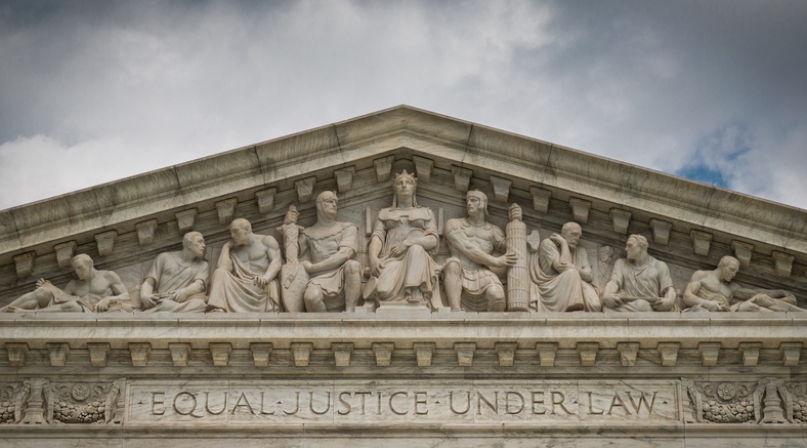Supreme Court expands the obligation of employers, including county governments, to provide religious accommodations for workers
Author
Upcoming Events
Related News

Key Takeaways
On June 29, the U.S. Supreme Court unanimously ruled in favor of a postal worker who sued the U.S. Postal Service (USPS) for failing to accommodate his religious beliefs when penalizing his refusal to work Sunday shifts. The case, Groff v. DeJoy, Postmaster General, will now return to the lower courts, which must consider the arguments under a more rigorous standard for public employers to meet in order to legally deny religious accommodations requests. County governments, which employ 1 percent of America’s workforce, will need to immediately review our employment policies and practices regarding religious accommodations to ensure compliance with today’s ruling.
Groff v. DeJoy involves a former U.S. Postal Service (USPS) worker who sued the after he was disciplined and forced to resign after refusing to work his mail route on Sundays due to his religious beliefs. While USPS – which made efforts to accommodate Groff by allowing him to swap shifts with other employees but could not always find other employees to cover his shifts – won in the lower courts, the Supreme Court agreed to take up the case to review long-standing precedent for the types of religious accommodations employers must offer under the Civil Rights Act. Specifically, the Court examined the definition of “undue hardship,” which employers must demonstrate to prove that a religious accommodation cannot be “reasonably” accommodated.
While employers have previously been permitted to define undue hardship as anything more than a “de minimis,” or trivial, burden, the Court’s ruling, authored by Justice Samuel Alito, will now require employers to accommodate religious beliefs they can show that doing so would “result in substantial increased costs in relation to the conduct of” the employer’s business. The ruling does not, however, address whether USPS failed to meet that threshold and instead sends the case back to the lower courts for review under the new standard.
NACo, as part of the Local Government Legal Center, filed an amicus brief in support of DeJoy, underscoring the good faith efforts local governments make to accommodate the religious beliefs and practices of our employees and that the de minimis standard in practice has real substance to it. The brief discussed burdens on local government if the Court were to adopt a more stringent standard and also argued that stare decisis compelled the Court to adhere to the current standard given the strong reliance interests that employers have on long-standing precedent.
The Court’s decision has far-reaching implications for all employers, including county governments, given that it increases the threshold under which religious accommodations may be denied but also acknowledges that the definition of “substantial increased costs” is fact-specific and does not have a uniform definition. County governments will need to immediately review their employment policies and practices regarding religious accommodations. This will require immediate training for managers and human resources employees. However, we will also need to wait for additional guidance from courts and the EEOC to determine what exactly constitutes “substantial costs.”
NACo will continue to monitor the implications of Groff v. Dejoy for counties as employers.
Attachments
Related News

U.S. House passes final minibus funding package
Congress introduced the final FY 2026 Appropriations package, including key county priorities related to transportation, housing, health, emergency management and public safety

U.S. Congress passes minibus funding package
U.S. House and Senate appropriators passed a “minibus” appropriations package containing Fiscal Year (FY) 2025 Interior-Environment, Commerce-Justice-Science and Energy-Water spending bills.

Federal district court issues ruling preventing the federal government from imposing immigration compliance mandates on grant recipients
On November 4, a federal judge in Rhode Island ruled that the U.S. Department of Transportation cannot condition federal grant funding on a recipient’s cooperation with federal immigration enforcement efforts.
